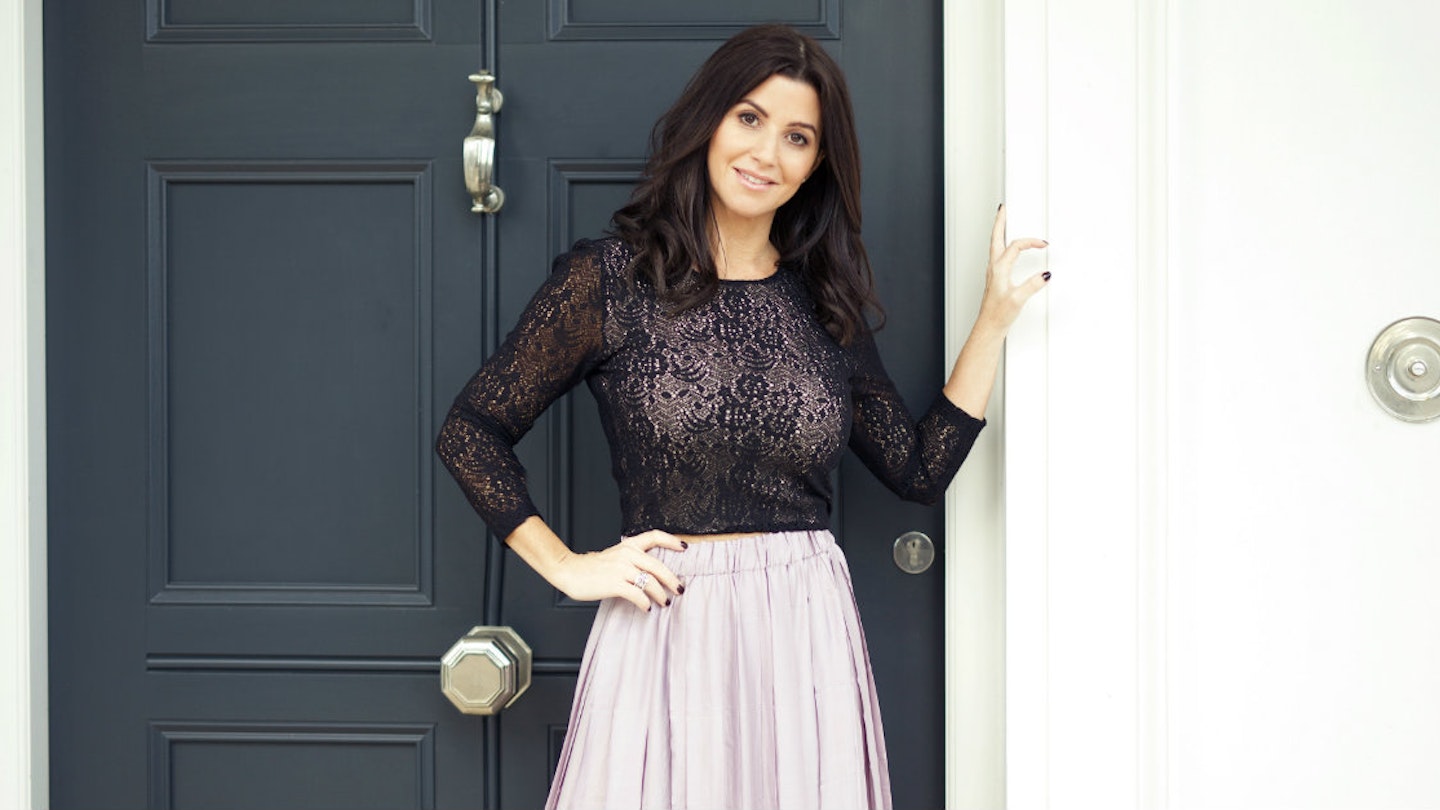Everything you'll know if you have eczema:
-
When you have about a million and one eczema creams and you feel like they're all useless
-
When you randomly begin to start itching and then you realise it's your eczema playing up
-
When you begin to itch your skin and someone says "Don't itch"
As if we haven't ever had eczema before…
-
Doctors give you moisturizers that are EXTREMELY thick and you feel that they NEVER soak into your skin
-
Feeling proud when you layer on your eczema creams only for them to stick your clothes
-
Not being able to use certain laundry detergents because your skin will flare up
-
When you're excited to wear a certain outfit and pray your eczema doesn't start….
-
While all your friends are wearing shorts and vests you feel insecure about your eczema
-
When you're told not to use certain bath creams, shampoos and conditioners but they smell AMAZING and you just want to be normal
-
When your eczema finally calms down but you know it'll be back in the future
How to manage your eczema
Eczema can be extremely annoying so we've got some great advice from Dr Rob Hick who has been working with AVEENO:
Don't suffer in silence
Seek support for stress and anxiety from friends, family or a health care professional
Frequent moisturising
This is essential to help manage dry, eczema prone skin. Apply a thick layer of effective moisturiser all over your skin throughout the day, especially after bathing or showering, to lock in moisture and protect the skin barrier
Start or maintain regular exercise
As well as being great for overall health, regular exercise helps manage stress, releases endorphins – your body's natural fell-good hormones – and helps improve sleep patterns
Sleeping pattern
Aim for at least seven hours sleep a night to help support your body's natural defences. Moisturising last thing at night can help reduce irritation that might otherwise keep you awake
Try relaxation techniques
Such as yoga, meditation or breathing exercises to help reduce stress or anxiety.
Tips to ease your eczema itch
We also got some great advice from Harley Street's Dermatologist Dr Friedmann (who has teamed up with sensitive laundry brand, Surcare) and Julian Charlies interiors expert Katie Glenn.
Eat well
Dr Friedmann says:
"The most common myth I encounter is that what you eat is solely responsible for eczema. Although food allergy can sometimes play a role in the occurrence of eczema, this is not usually the sole reason for eczema appearing.
"I often have patients that come into my clinic who have cut out everything from their diet in an effort to improve their eczema. Sometimes people have tried cutting down to eating just bread and drinking water and still have eczema."
He added: "Cutting essential food groups out of the diet can just make you more unwell. It is best to have a healthy, balanced diet as this will have a positive effect on the immune system."
Prepare your bedroom
Katie Glenn says:
"Dust mite allergies are one of the most common triggers for eczema. They thrive in dark, humid areas where, rather unappetisingly, they have a constant supply of food in the form of dead skin.
"Hypoallergenic duvets and pillows are naturally allergen resistant, so going to sleep armed with this kind of bedding is a great place to start."
She added: "It’s also vital to regularly wash your bedding. Washing at 60 degrees celsius is ideal for killing off pesky dust mites. The double whammy of using a gentle non-biological washing powder will mean your symptoms won’t be exacerbated by irritants such as enzymes, dyes and perfumes."
Choose natural, breathable fabrics
Wearing breathable fabrics is very important; they allow the air to flow better and protect your skin against drying out and flaring up.
Eczema sufferers can also often benefit from choosing pure cotton duvet covers and pillow cases. It’s also important to avoid anything that has been chemically treated. This includes bedding filled with latex chips and polyether foam and well as anything that is 'professional dry clean only’.
Take your medication correctly
Steroids are a valuable tool in the treatment or control of eczema, particularly during a flare-up. They can reduce redness and inflammation and make the skin less itchy and sore, giving it a chance to heal.
However, Dr Friedmann says:
"Problems arise when steroids are misused. If instructions for the treatment are followed correctly, the skin can recover properly and the eczema will be much easier to manage."
Look after yourself
Dr Friedmann says:
"It is a known fact that stress and exhaustion lower the immune system and make most rashes worse so it is advisable to get plenty of sleep and de-stress when possible.
"I also recommend regularly moisturising to retain the skin’s moisture, avoid irritants such as soap, wipes and fragrances and wash with creams such as aqueous cream or Dermol."
Real Housewives of Cheshire Stacey Forsey talks eczema...
We also spoke to Real Housewives of Cheshire's Stacey Forsey who suffers from eczema, to get her take on the skin condition.
The reality star revealed that she's had eczema for a long time: "I suffered badly with eczema as a child. I was covered head to toe. Eye lids, ears, neck, back of arms/legs, fingers and wrists. My finger was always so swollen from infection.
"Amazingly it disappeared at the age of 11 however I can have a very mild flare up."
Fan of the Real Housewives of Cheshire? Watch the show on Hayu AND get a free month trial.
How did you cope with eczema growing up?
"I coped. I was born with it so I knew no different, however it wasn’t easy. Constant itching and clothes and bed sheets blood stained. I also became the brunt of name calling from other children as a child."

How do you deal with your eczema?
"I was constantly given different types of creams from doctors, they only actually relived the symptoms. I use to have weekly visits to the hospital for 'sunbed treatment'. The sun and sea would do wonders and clear it. The doctors suggested controlled sunbed sessions would help."
Does eczema affect your everyday life?
"It doesn’t affect my everyday life however I am careful with certain foods as I don’t really suffer from eczema as much now. Since I stopped eating dairy it has hugely helped with both my skin and my asthma."
Do you have any tips for people who suffer from eczema?
"My tip would be to concentrate on diet. Excluding dairy helped me. Try to air your skin too, I know we like to cover up but airing my skin used to help, and hotter days made it worst so try to seek shade and cool down."
Do you have eczema? Do you have any great tips?
Let us know on Facebook or our Twitter (CloserOnline) page.
You can watch Real Housewives of Cheshire on ITVBe every Monday night at 10pm.
Visit www.staceyforsey.co.uk to find out more about Stacey's pop up art exhibition in Manchester on November 8th for fans to meet Stacey and view her artwork.
Fan of Real Housewives of Cheshire? You can watch the show on Hayu AND get a free month trial.
